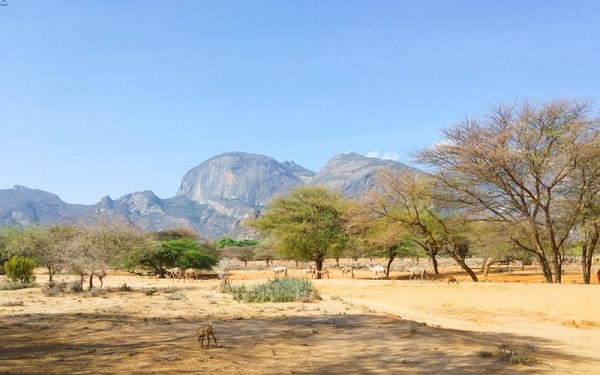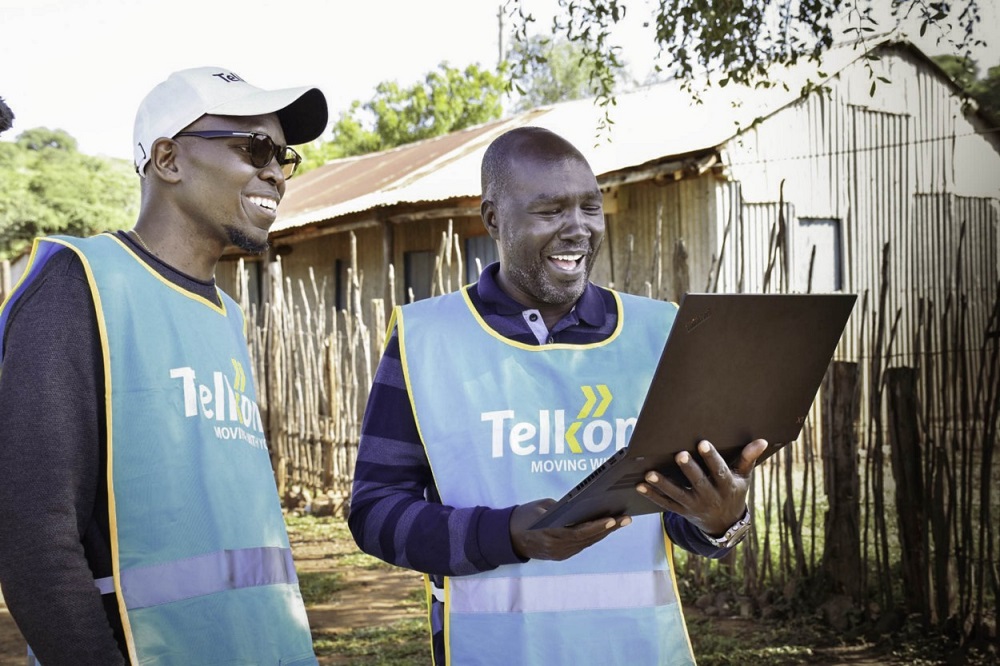Loon is shutting down its Balloon-powered Internet Project in Kenya
Loon will continue to provide its services in Kenya until March 1st.

Project Loon, the ambitious project by Google’s parent company, Alphabet, in partnership with Telkom Kenya is shutting down.
The project sought to enable internet access to remote areas where setting up the traditional infrastructure is difficult or economically unviable. Regrettably, Loon is also winding down as a company for lack of sustainability.
“Loon’s journey is coming to an end. Thank you to everyone who believed in us and our mission of connecting people everywhere,” said Alastair Westgarth, Loon’s CEO in a statement.
While the company succeeded in delivering high-speed internet to remote areas, the project failed “to get the costs low enough to build a long-term, sustainable business.” A key part of every business to ensure survival in the long run.
Loon’s shutdown is a big blow to the company, which has been part of Alphabet’s mega plan of connecting the next billion users worldwide.
These users live in “communities in areas too difficult or remote to reach, or the areas where delivering service with existing technologies is just too expensive for everyday people.”
Since launching in 2005, Alphabet’s Loon project had made incredible progress technologically. Building balloons capable of travelling hundreds of kilometres in the stratosphere beaming 4G internet to a wider area – over 11,000 square kilometres – 200x what can be achieved with an average cell tower.
Loon’s presence has been seen in several countries around the world, including Kenya.
Its technological inventions proved helpful in Puerto Rico, helping citizens communicate after a strong hurricane destroyed the country’s traditional communication infrastructure in various capacities in October 2017.
Locally, Loon had partnered with Kenya’s third-largest telco, Telkom Kenya, and the two officially launched the project in July 2020 after two years of regulatory issues.
Loon’s shut down is also surprising since it was ready to enter its second market in Africa, Mozambique.
Loon will continue to provide its services in Kenya until March 1st.
Follow us on Telegram, Twitter, Facebook, or subscribe to our weekly newsletter to ensure you don’t miss out on any future updates.



